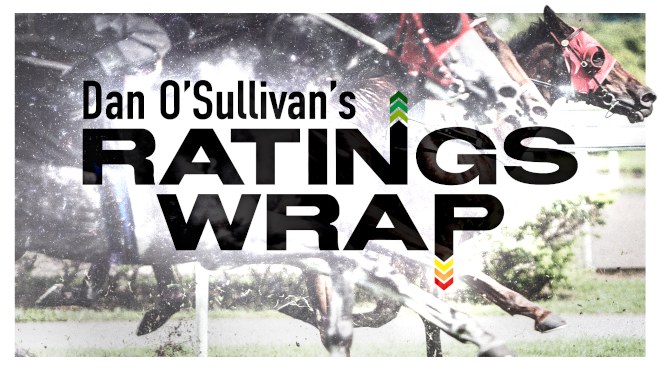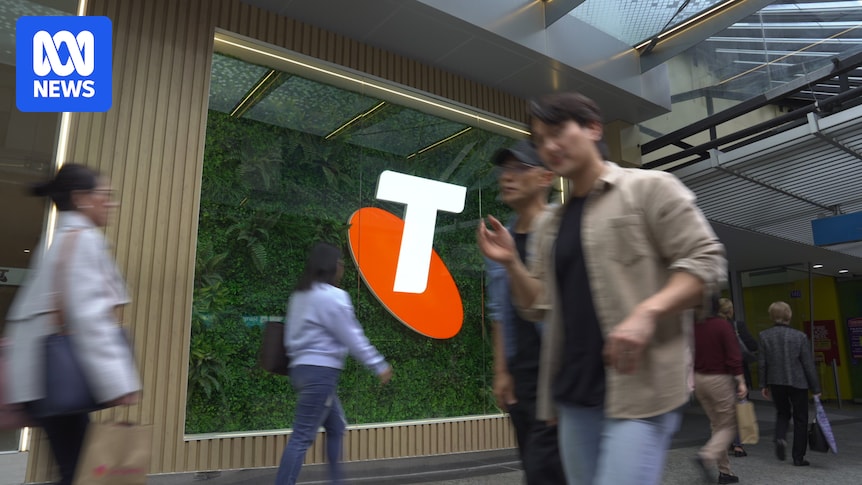
In an interim report titled “Harnessing Data and Digital Technology,” released overnight, the Australian Productivity Commission has proposed a significant amendment to the country’s Copyright Act. The suggested change introduces a text and data mining exception that would allow artificial intelligence (AI) models to be trained on copyrighted Australian works legally. This proposal has stirred controversy among Australian authors and publishers, who fear the implications for their creative rights and revenues.
The Commission estimates that such a move could inject a potential A$116 billion into the Australian economy over the next decade. However, this comes on the heels of AI models having already utilized vast amounts of Australian copyrighted material without permission, a practice that has previously outraged many authors. Notably, in March, it was revealed that Meta had used a dataset of pirated books, including works by former Prime Ministers John Howard and Julia Gillard, to train their AI systems.
Authors and Publishers Push Back
Writers, publishers, and industry bodies have voiced strong opposition to the proposed exception, arguing it favors multinational tech companies over local creative industries. The Copyright Agency has been vocal in its criticism, emphasizing the potential damage to Australian authors’ livelihoods.
Sophie Cunningham, a writer and chair of the Australian Society of Authors (ASA), highlighted the critical role of copyright in an author’s income. “Most writers don’t receive wages but they do have copyright,” she noted. The Australian Publishers Association also expressed deep concern over the proposal.
A text and data mining exception would give tech companies a free pass to use [authors’] work to train artificial intelligence models – and profit from it – while Australian creators get nothing.
These sentiments were echoed by ASA CEO Lucy Hayward, who underscored the financial vulnerability of Australian writers, who earn an average of just $18,500 annually from their writing. A recent study found that they are overwhelmingly opposed to their work being used to train AI models.
The Productivity Commission’s Rationale
Stephen King, one of the commissioners leading the inquiry, acknowledged the potential harm that could arise from AI companies using copyrighted materials without compensation. However, he also pointed to the potential benefits of developing AI-specific tools utilizing such materials.
The report insists that the proposed provision “would not be a ‘blank cheque’ for all copyrighted materials to be used as inputs into all AI models.” Yet, critics argue that loosening Australian laws could implicitly endorse practices currently deemed unlawful.
Imagine grabbing the keys for a rental car and just driving around for a while without paying to hire it or filling in any paperwork. Then imagine that instead of being prosecuted for breaking the law, the government changed the law to make driving around in a rental car legal. This gives you an idea of what is being proposed.
Historical Context of Productivity Commission Proposals
This is not the first time the Productivity Commission has clashed with the local publishing industry. In 2009, it recommended removing parallel importation restrictions, which protect local publishers by preventing foreign editions of a book from being sold in Australia for 90 days after a local release. Critics argued that lifting these restrictions would disadvantage local publishers, despite potentially lowering book prices.
Author Richard Flanagan famously criticized the Commission’s stance, likening it to “a deranged hairdresser insisting their client wears a mullet wig.” The benefits of local editions have been evident, with successful releases like Text Publishing’s editions of Barack Obama’s memoirs and Scribe’s edition of Norman Doidge’s “The Brain That Changes Itself” supporting local publishing programs.
In 1995, the then Industry Commission recommended ending the Book Bounty, a subsidy for local book printing. This decision led to a decline in Australian printing, leaving only two major printers in operation today. The reduced competition has increased costs and delayed production schedules, impacting the timely publication of local books.
Australia’s Role on the Global Stage
Despite being perceived as a small player, Australia is the 13th largest economy globally, and its legislative choices can set precedents internationally. The country has been increasingly recognizing the importance of Indigenous Cultural and Intellectual Property, with institutions striving to develop best practices.
Australia has a choice: to lead by valuing its cultural products and creators or to follow by making concessions that could undermine its creative industries. The decision on the proposed copyright exemption will signal Australia’s stance on protecting its cultural heritage both locally and globally.





